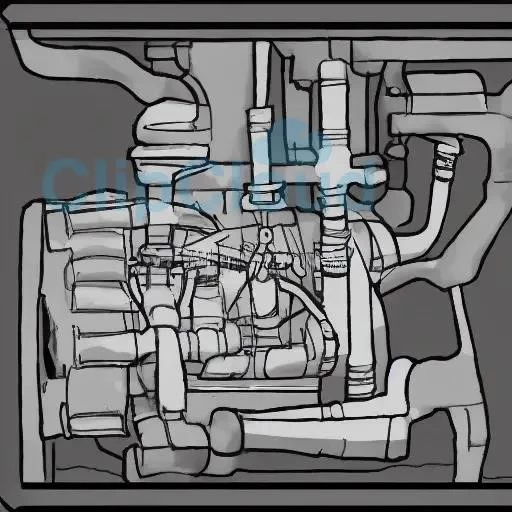The question of whether ethanol is detrimental to car engines is a complex one, sparking debate among mechanics, engineers, and consumers alike. While touted as a renewable fuel source offering potential environmental benefits, concerns persist about its impact on engine performance, longevity, and fuel system components. Many drivers worry about the long-term effects of using gasoline blends containing ethanol, particularly in older vehicles not designed to handle its unique properties. Let’s delve into the nuances of ethanol and its interaction with automotive engines to separate fact from fiction and understand the real risks and rewards.
Understanding Ethanol: A Quick Overview
Ethanol, also known as ethyl alcohol, is a biofuel produced from the fermentation of plant materials like corn, sugarcane, and cellulose. It’s commonly blended with gasoline to create fuel mixtures like E10 (10% ethanol, 90% gasoline) and E85 (85% ethanol, 15% gasoline). The primary reasons for using ethanol in gasoline are to reduce reliance on fossil fuels, lower greenhouse gas emissions (in some cases), and increase fuel octane.
Why the Controversy?
The concerns surrounding ethanol stem from its chemical properties, which differ significantly from gasoline. These differences can lead to several potential issues:
- Corrosion: Ethanol is more corrosive than gasoline and can degrade rubber and plastic components in older fuel systems.
- Water Absorption: Ethanol readily absorbs water, which can lead to phase separation in the fuel tank, preventing the engine from running properly.
- Lower Energy Content: Ethanol has a lower energy density than gasoline, meaning vehicles may experience slightly reduced fuel economy.
The Impact on Different Engine Types
The effects of ethanol on car engines vary depending on the vehicle’s age, design, and the concentration of ethanol used.
Older Vehicles (Pre-1990s)
Older vehicles are generally more susceptible to ethanol-related problems due to the materials used in their fuel systems. Rubber seals and hoses can degrade, leading to leaks and fuel system malfunctions.
Modern Vehicles (Post-2000s)
Most modern vehicles are designed to handle E10 gasoline without significant issues. Fuel system components are typically made from ethanol-resistant materials. However, using E85 in vehicles not designed for it can still cause problems, such as:
- Check Engine Light: The engine control unit (ECU) may detect an incorrect air-fuel ratio and trigger a warning light.
- Poor Performance: The engine may run rough, hesitate, or experience reduced power.
- Fuel System Damage: Long-term use of E85 in a non-flex-fuel vehicle can potentially damage fuel injectors and other components.
Ethanol Content Comparison Table
| Fuel Type | Ethanol Content | Suitable for Most Modern Vehicles? | Suitable for Older Vehicles? |
|---|---|---|---|
| E0 (Pure Gasoline) | 0% | Yes | Yes |
| E10 | 10% | Yes | Potentially problematic (check manufacturer recommendations) |
| E15 | 15% | Yes, for some newer vehicles (check manufacturer recommendations) | Generally not recommended |
| E85 | 51-83% (depending on season) | Only Flex-Fuel Vehicles | Not recommended |
Mitigating Potential Problems
Several steps can be taken to minimize the risk of ethanol-related issues:
- Consult your owner’s manual: Check the manufacturer’s recommendations regarding fuel types.
- Use fuel additives: Fuel stabilizers can help prevent phase separation and protect fuel system components.
- Avoid E85 in non-flex-fuel vehicles: Stick to E10 or lower ethanol blends.
- Regular maintenance: Keep your fuel system clean and well-maintained.
Ultimately, understanding the complexities of ethanol and its impact on your specific vehicle is crucial. While modern vehicles are generally well-equipped to handle lower ethanol blends like E10, older vehicles and improper fuel choices can lead to problems. So, stay informed, follow manufacturer guidelines, and take preventative measures to ensure the longevity and performance of your engine.

